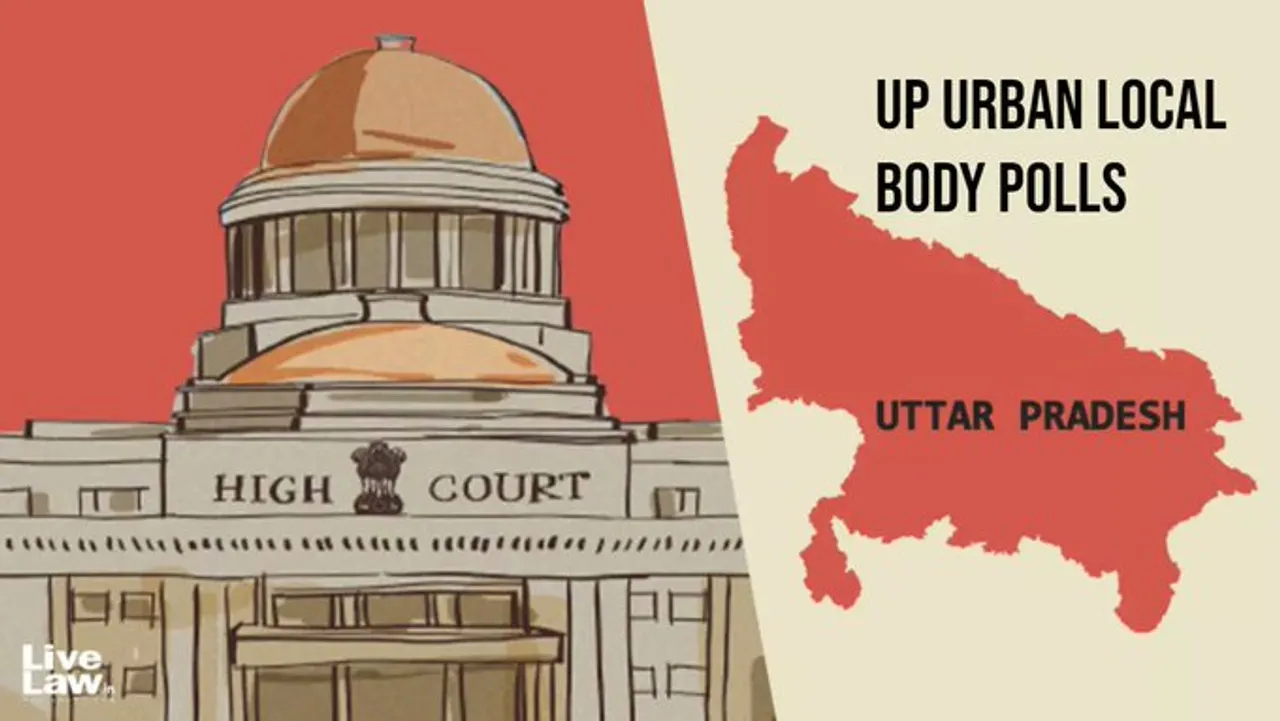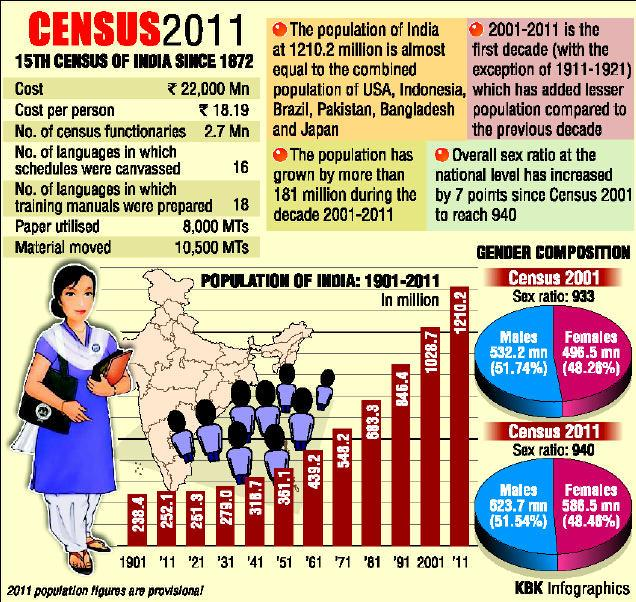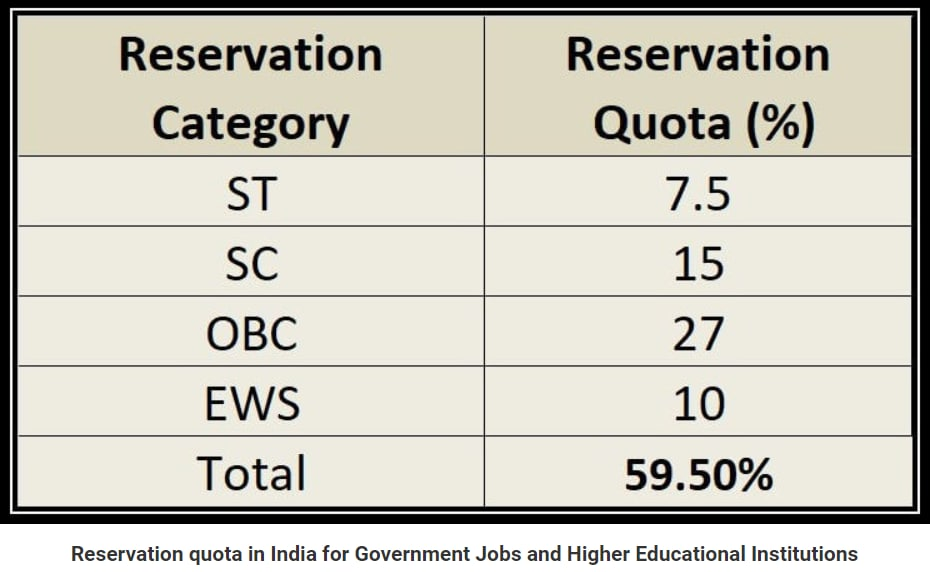Description

Copyright infringement not intended
About
- Recently the Allahabad High Court rejected the caste census conducted by the Uttar Pradesh Government to list the Other Backward Class (OBC) population across the State.
- The demand for a caste census growing across the country, and multiple States are planning to introduce reservations for Backward Classes in urban local body polls, but the judiciary has raised concern on multiple occasions by highlighting that the caste population surveys conducted by States are not enough to provide for political reservation in local body elections.
Triple-test rule
- In 2010, the Triple-test rule for political reservations was set out by the Supreme Court.
- The test requires a State government to;
- Set up a dedicated commission for inquiry into the nature and implications of backwardness specifically concerning local bodies.
- Specify the proportion of reservations required for political representation based on the dedicated commission’s recommendation.
- Ensure total reservations for Scheduled Caste (SC)/Scheduled Tribe (ST)/OBC groups do not exceed 50% of the total seats.
- In the case of Uttar Pradesh, the Allahabad High Court stated that the government “missed a crucial factor” as it “does not establish an inquiry commission into the political representation of a backward class in the Municipal Bodies”.
.jpg)
About Census in India
- Census in India was started in 1872 under British Viceroy Lord Mayo, but the first complete census was taken in 1881 under Lord Ripon.
- Since 1881, the Census has been undertaken every 10 years; in 2011 the Census of India was conducted for the 15th time.
- The Census of India was conducted by the Registrar General and Census Commissioner of India under the Ministry of Home Affairs.
- All the censuses since 1951 were conducted under the 1948 Census of India Act. The last census was held in 2011.
About Caste Census
- The Socio-Economic and Caste Census 2011 (SECC) was conducted for the 2011 Census of India.
- The SECC 2011 was conducted in all states and union territories of India.
- SECC 2011 was also the first paperless census in India conducted on hand-held electronic devices by the government in 640 districts.
- The Rural development ministry has used the SECC data in its programmes such as MGNREGA, National Food Security Act, and the Deen Dayal Upadhyaya Grameen Kaushalya Yojana. SECC 2011 data will also be used to identify beneficiaries.
- SECC 2011 was the first caste-based census since the 1931 Census of India.
- SECC 2011 was not conducted under the 1948 Census of India Act, which made information disclosure voluntary for citizens, and not a mandatory disclosure.
- SECC 2011 has three census components which were conducted by three separate authorities, but under the overall coordination of the Department of Rural Development in the Government of India:
- Census in Rural Areas has been conducted by the Department of Rural Development.
- Census in Urban areas is under the administrative jurisdiction of the Ministry of Housing and Urban Poverty Alleviation.
- Caste Census is under the administrative control of the Ministry of Home Affairs: Registrar General and Census Commissioner of India.

Copyright infringement not intended
Reservation System in India
- The Reservation system is an arrangement of affirmative action where a certain percentage of seats are reserved in Public employment and educational institutions.
- In India, the Scheduled Castes (SCs), Scheduled Tribes (STs), Other Backward Classes (OBCs) and socially and economically backward communities who were earlier poorly represented in the Public sector and educational institutions are now covered under the reservation facility.

- In India, about 60% of seats are reserved for various sections like ST, SC, OBC, and EWS in Government jobs and Higher Education Institutions.
- 3% of seats are also reserved for differently-abled persons across all categories.
- The reservation policy is also enforced for the Scheduled Castes and Scheduled Tribes for representation in the Indian Parliament.
- The reservation issue has also remained a cause of conflict between the reserved and the non-reserved sections of society.

https://epaper.thehindu.com/Home/ShareArticle?OrgId=GMRAMHL39.1&imageview=0













